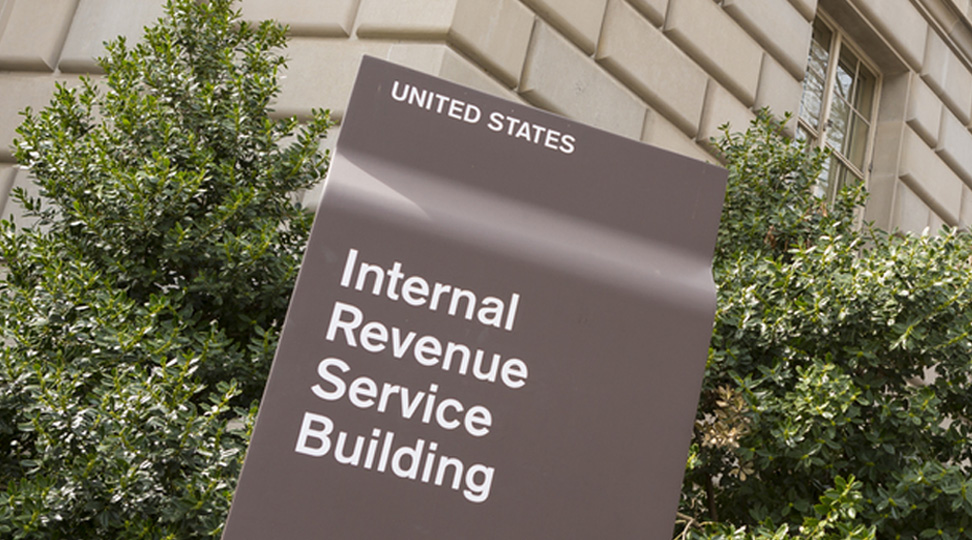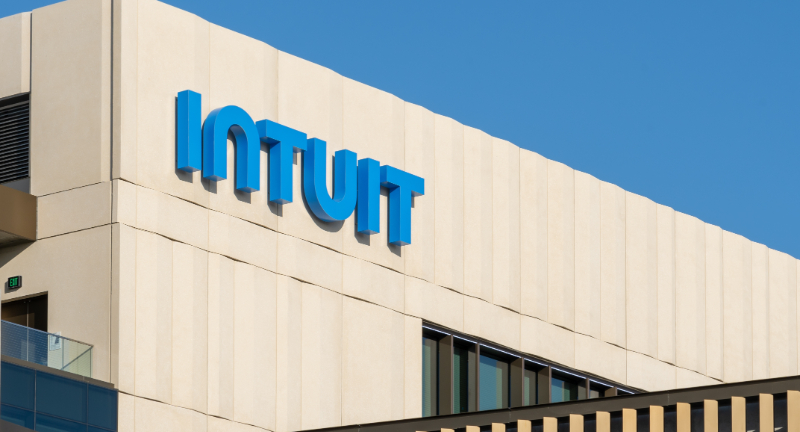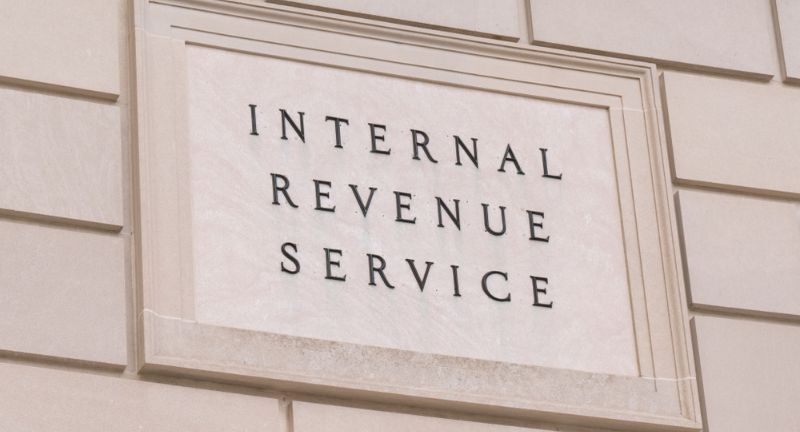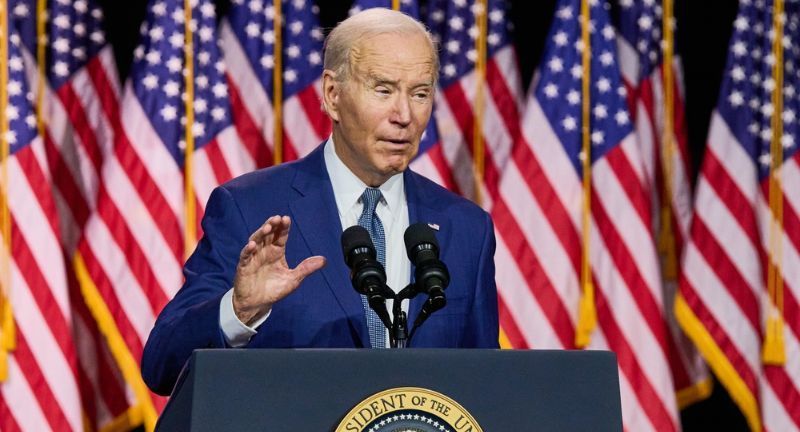NEWS
IRS Introduces New Direct Filing System, Challenging TurboTax’s Market Leadership
Published
5 months agoon

Shutterstock
The tax filing scene in the U.S. is set to experience a significant transformation following the IRS’s announcement of its new Direct File initiative. This strategic development by the Internal Revenue Service entails the launch of a pilot program designed to provide a free method for U.S. citizens to file their federal taxes.
Who Qualifies

Shutterstock
The IRS’s Direct File program is specifically aimed at residents in 12 select states who meet certain income requirements. To be eligible, individuals must choose the standard deduction and have their main source of income from W-2 wages, Social Security, or unemployment benefits, with a limit of $1,500 in interest income. The states participating in this trial include Arizona, California, the District of Columbia, Florida, Massachusetts, Nevada, New Hampshire, New York, South Dakota, Tennessee, Texas, Washington, and Wyoming, as identified by the IRS.
Danny Werfel’s View

Shutterstock
Reacting to the launch of the IRS Direct File program, IRS Commissioner Danny Werfel shared his perspective on this groundbreaking project. Highlighting its importance, he remarked, “This is a critical step forward for this innovative effort that will test the feasibility of providing taxpayers a new option to file their returns for free directly with the IRS,” according to a report by The New York Times. Commissioner Werfel’s comments reflect the IRS’s commitment to investigating new, free methods for taxpayers to file their returns. As the initiative progresses, the IRS intends to evaluate the practicality and impact of this novel tax filing strategy.
Intuit’s TurboTax

Shutterstock
Following the announcement of the IRS’s initiative, Intuit, the company behind TurboTax, has expressed significant opposition to the plan. Tania Mercado, representing Intuit, described the IRS’s action as a “half-baked solution” and referred to the direct file system as a “solution in search of a problem.” Intuit’s position indicates a strong disapproval of the IRS’s method, hinting at doubts regarding the efficiency and need for the Direct File program.
TurboTax’s Offers

Shutterstock
While TurboTax claims to offer free services, a ProPublica investigation, conducted by the nonprofit news organization, revealed that many users have encountered issues with these services often being hidden behind payment requirements, and not all users qualify for them. This disclosure by ProPublica highlights the difficulties that users might experience in accessing truly free services on the TurboTax platform.
Past Settlements

Shutterstock
TurboTax has faced prior scrutiny, notably when it was required to compensate 4.4 million customers who were erroneously charged for services that should have been free, according to a Newsweek report. This past event highlights the difficulties TurboTax has encountered in maintaining clear and transparent pricing and service options.
How Will Direct File Affect TurboTax

Shutterstock
While the IRS Direct File program currently operates on a limited scale, its potential to capture a substantial segment of TurboTax’s user base becomes evident if it expands nationwide and accommodates a broader range of complex tax situations. The prospect of this expansion raises concerns for TurboTax, as a successful implementation of the program could lead to a significant decline in its revenue.
Funding

Shutterstock
Financed through a segment of the $80 billion earmarked by President Joe Biden’s Inflation Reduction Act to overhaul the IRS, the Direct File program emerges as a beneficiary of a broader initiative aimed at transforming IRS services. This substantial investment is earmarked for enhancing various aspects of IRS operations, encompassing the reduction of phone line waiting times, the recruitment of additional staff, and the expansion of online services.
IRS Vision

Shutterstock
This strategic approach aligns with the broader vision outlined by the IRS, which emphasizes providing taxpayers with diverse options for preparing and filing their taxes. Whether through tax professionals, commercial tax software, or free filing alternatives, the IRS envisions offering a spectrum of choices to cater to individual preferences. Direct File emerges as another potential option within this framework, allowing qualifying taxpayers the flexibility to choose it as a means to file their 2023 federal tax returns during the upcoming 2024 filing season. This commitment to providing choices reflects the IRS’s dedication to enhancing the taxpayer experience through a range of accessible and user-friendly options.
Concerns

Shutterstock
The ongoing debate surrounding the IRS Direct File program extends beyond the realm of competition and convenience, delving into concerns about privacy and fundamental taxpayer rights. This divergence of opinions from influential figures in the tax advocacy landscape adds depth to the discourse surrounding the IRS Direct File program. As the program unfolds, it becomes apparent that considerations extend beyond mere convenience, touching upon fundamental principles of privacy and taxpayer rights that shape the ongoing dialogue about the future of tax filing in the United States.
What Are People Saying

Shutterstock
These contrasting viewpoints from both a policy advocate and a political figure contribute to the ongoing discourse surrounding the IRS initiative. As discussions unfold, the implications of the program extend beyond the operational aspects of tax filing, touching upon broader themes of corporate influence, public welfare, and the role of government in shaping the tax landscape.
Conclusion

Shutterstock
The introduction of the IRS’ Direct File program marks a pivotal moment in the ongoing evolution of tax filing practices in the United States. Despite triggering debates and concerns among certain stakeholders, the success observed during its pilot stage holds the potential to revolutionize the landscape of tax filing options. If the program continues to demonstrate effectiveness, it could set the stage for the implementation of more accessible and free tax filing alternatives for American taxpayers. This development underscores the dynamic nature of the tax filing ecosystem, as innovations like Direct File aim to address challenges and enhance the overall experience for taxpayers nationwide.
Related Topics:

More From Financially+
-
Healthcare Workers Are Plagued By Financial Stress Amid Labor Shortages,…
-


The Million-Dollar Myth: Retire Rich Without the Fortune
-


19 Startling Reasons Why Moving to Texas Is Probably a…
-


23 Policies Democrats Would Relentlessly Enforce If They Had Unlimited…
-


17 Powerful Reasons You Should Make the Leap and Move…
-


Does Gen Z Spell The End Of The Republican Party?
-


Universal Basic Income: 14 Reasons Everyone Deserves Free Money
-


20 Policies Conservatives Support That Are Wrecking The Middle Class
-


20 States Pushing for Higher Minimum Pay Amid Fierce Opposition